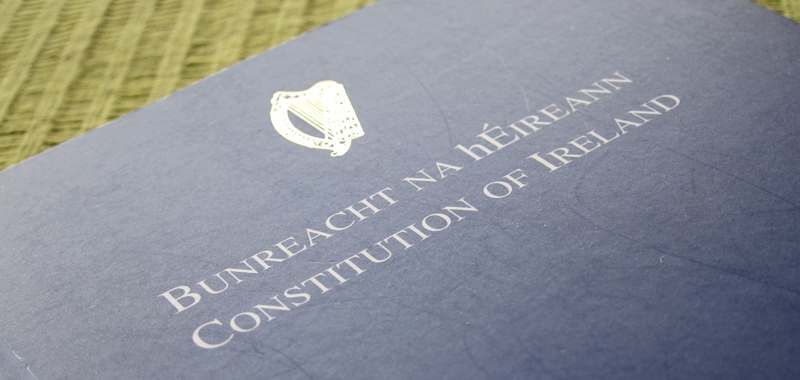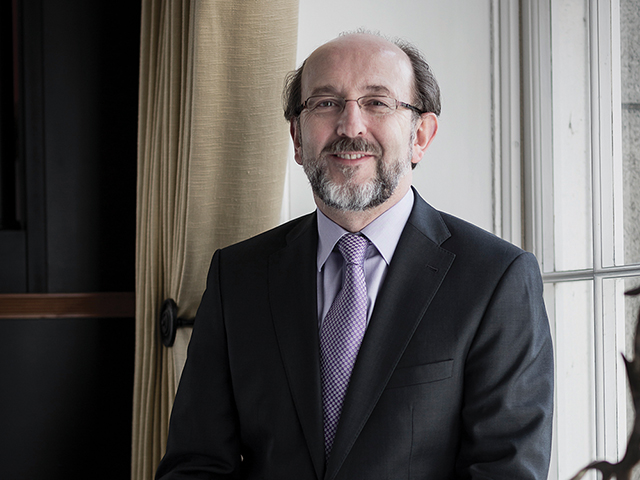
[dropcap]W[/dropcap]hen social media drives the agenda of campaigns to support worthwhile charities, like the ‘no make up selfie’ for cancer, or the ‘ice bucket challenge’ for ALS, the reaction from the masses is generally one of support and participation.
As a medium, social networking sites are used to share a broad range of subjects, from a night out to whole caches of information.
When the failings of that same social media are discovered, the immediacy of outrage, can seem a little bit previous – but it would seem in the case of Cambrige Analytica, warranted.
Cambridge Analytica’s involvement in the scraping of information from Facebook user profiles has opened the proverbial can of worms, but the story does not end there.
The Repeal the Eighth campaign is troubled by Cambridge Analytica’s involvement in the upcoming abortion referendum.
A former employee of Cambridge Analytica was hired by an anti-abortion campaign group ahead of the referendum on the Eighth Amendment.
A spokesperson for the abortion rights campaign said: “Their involvement [with the pro-life campaign group] is very concerning.”
Thomas Borwick was technology chief for the official leave vote in 2016’s Brexit referendum while working for Cambridge Analytica.
He is now managing director of a data analytics company called Kanto which specialises in online campaigning.
Cambridge Analytica, which was founded by billionaire Robert Mercer, was also a key player in the Trump election.
Whistleblower Christopher Wylie claimed that Cambridge Analytica received personal data from social media accounts without permission and used it to influence voters during elections.
Facebook discovered the data breach in 2015 but did not suspect Cambridge Analytica until this weekend.
Advocacy groups for the Pro Life campaign did not respond to a request for comment at the time of publication.
Politicians are also concerned about the London-based company being involved in the referendum.
Catherine Murphy, co-leader of the Social Democrats, fears that the company’s involvement could impact the democratic nature of the vote.
She told The Times: “Advertising with respect to selling a product is one thing, interfering in a democratic process like a referendum is quite another.
“Because online advertising on platforms like Facebook is targeted, it is not possible to get sight of the extent, type or who is placing advertising in the same way as newspaper or broadcasting advertising.”
Gavin Sheridan, co-founder of transparency advocacy group Right to Know, believes that voters have a right to know who is paying for ads, who they are targeting and how much interaction they received.
He said: “A lack of regulation of political advertising in Ireland has created a ‘wild west’ of sorts.”
The ideology of sharing information seems to be acceptable when the choice is ours, however, the idea that a targeted campaign to influence us by deceptive measures may be at play, puts the game on a whole new footing.



